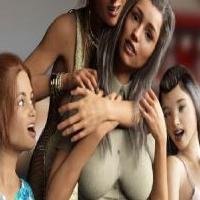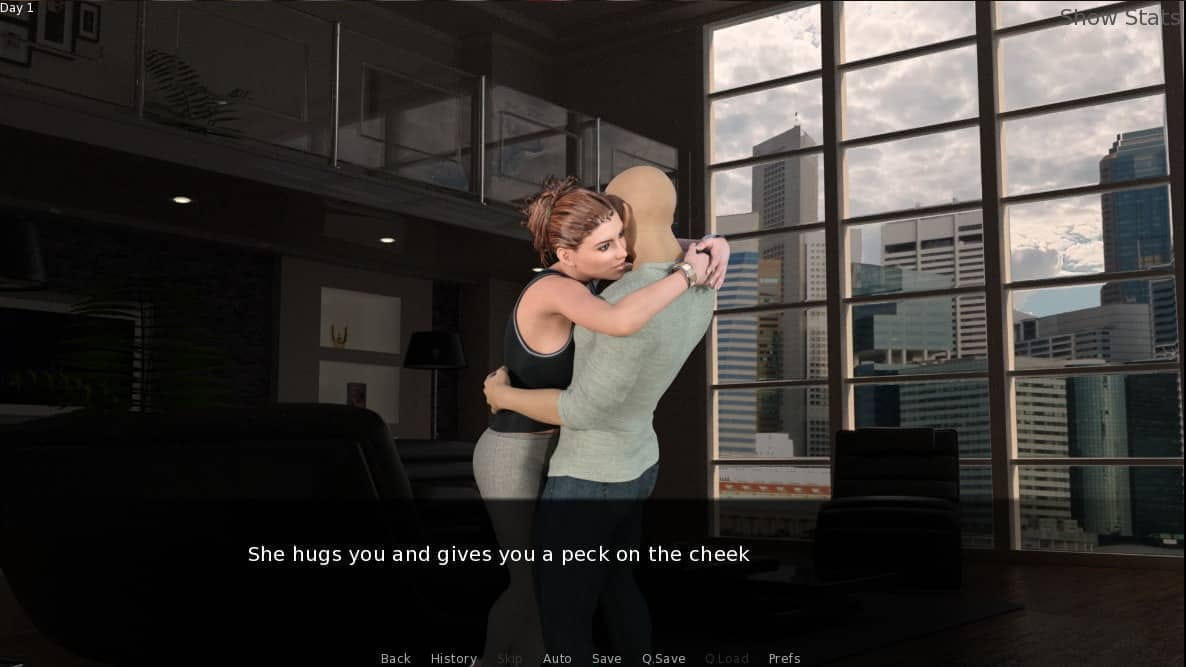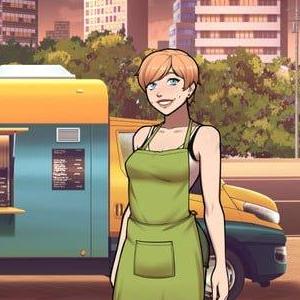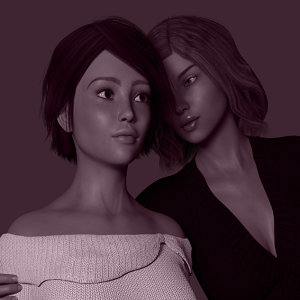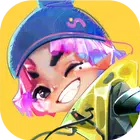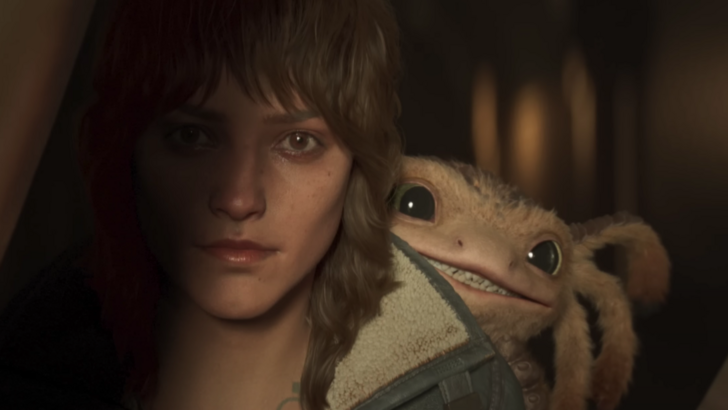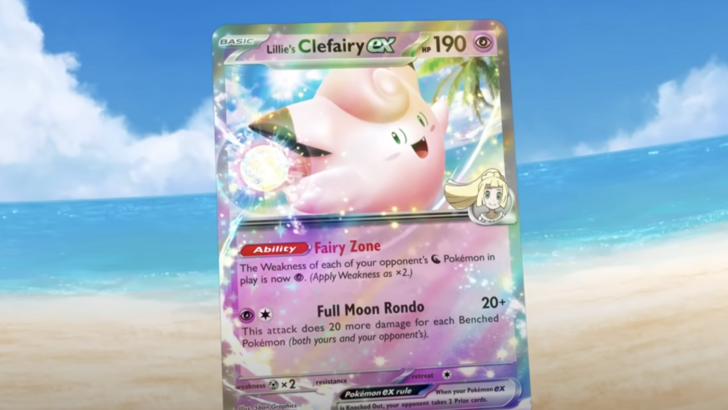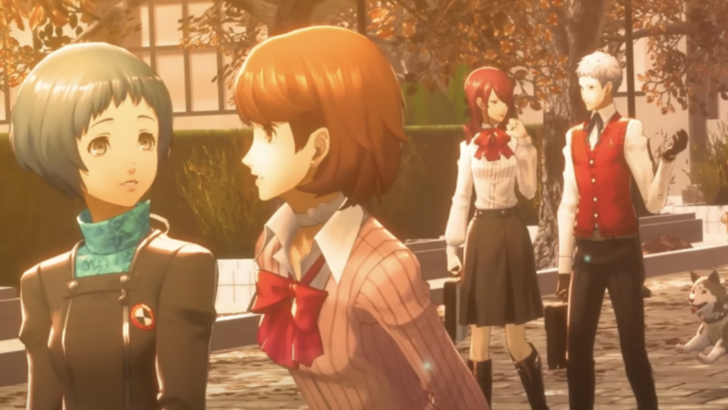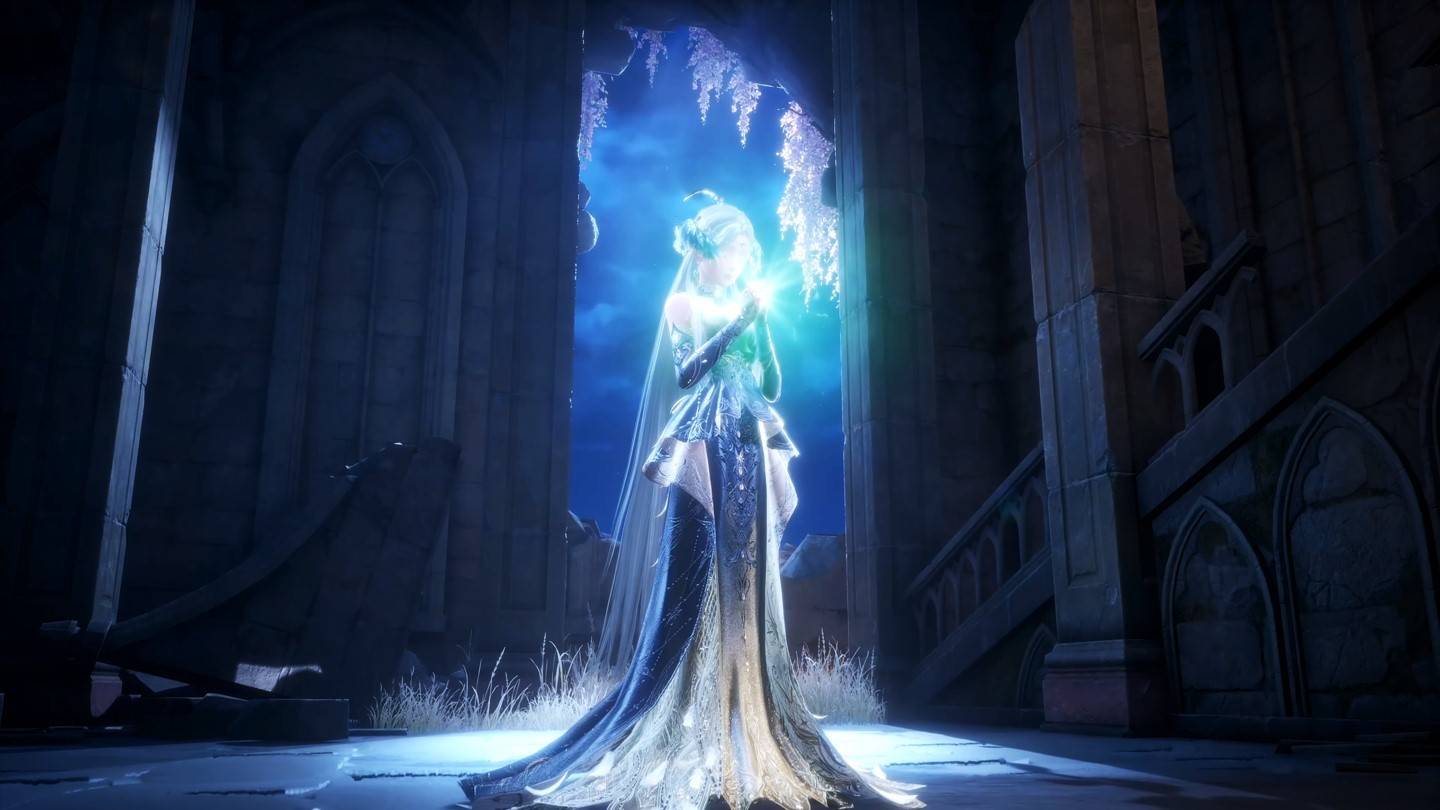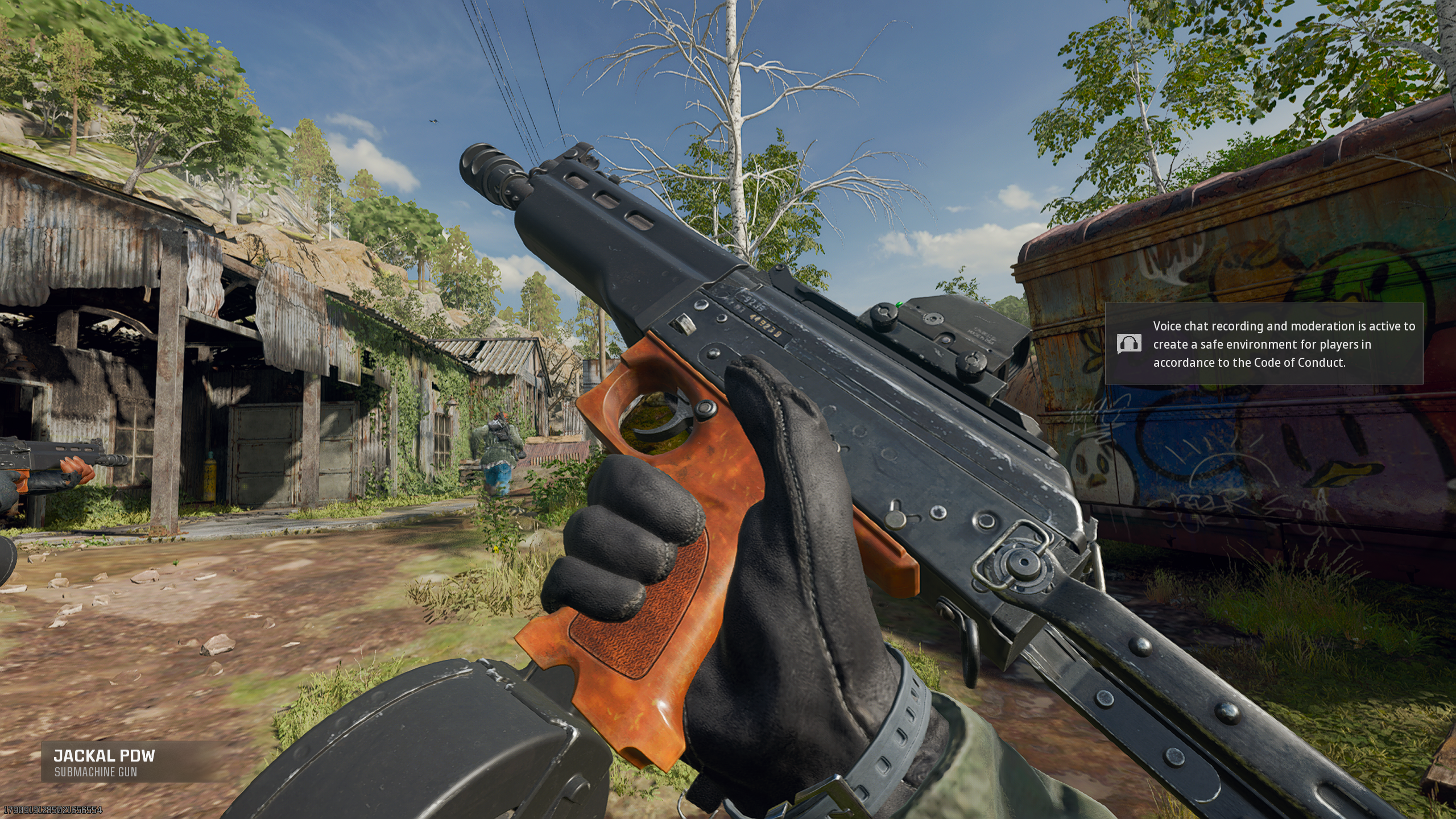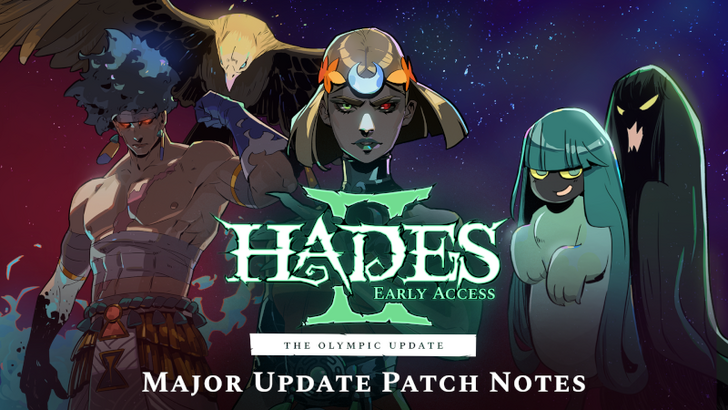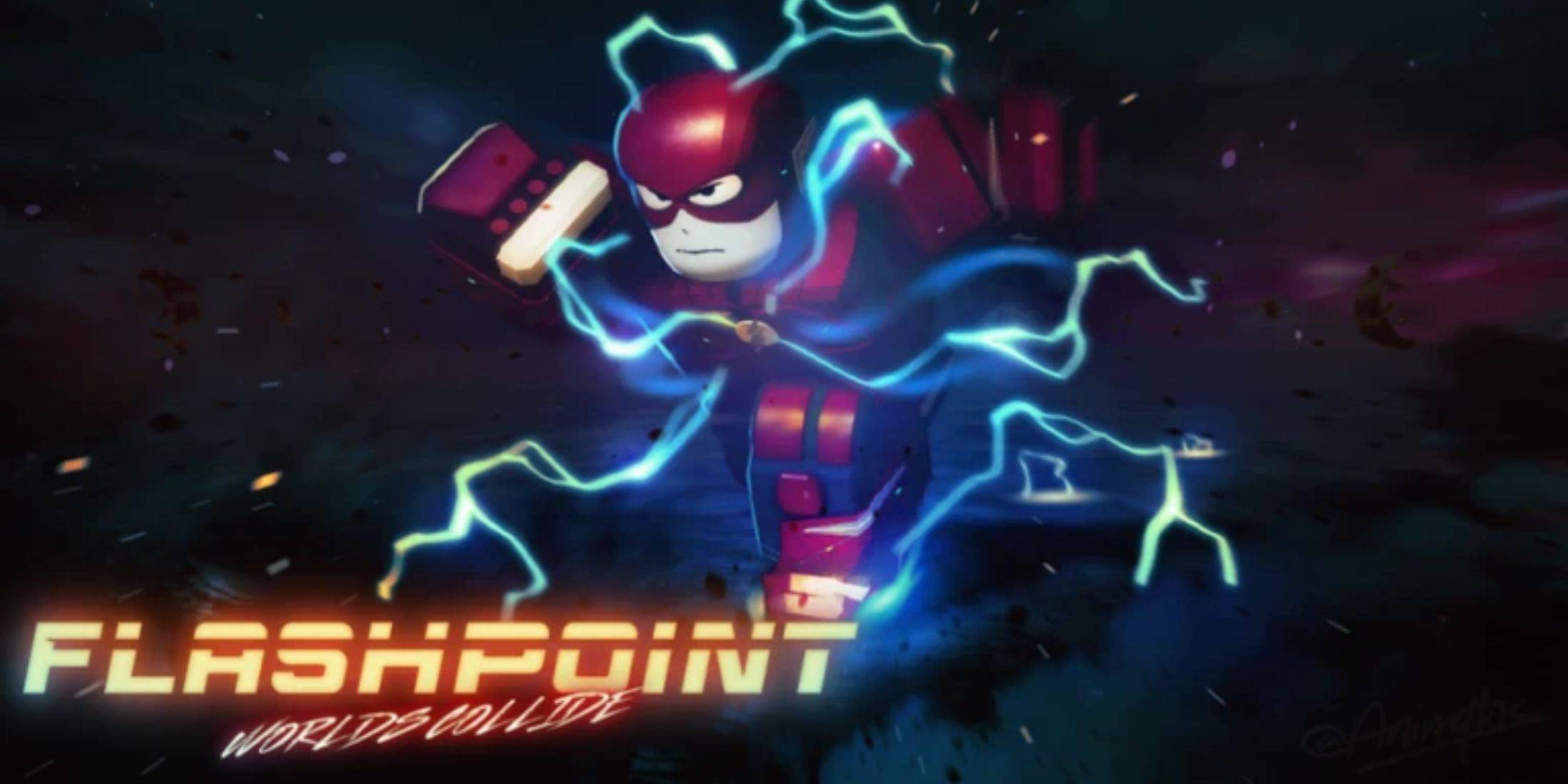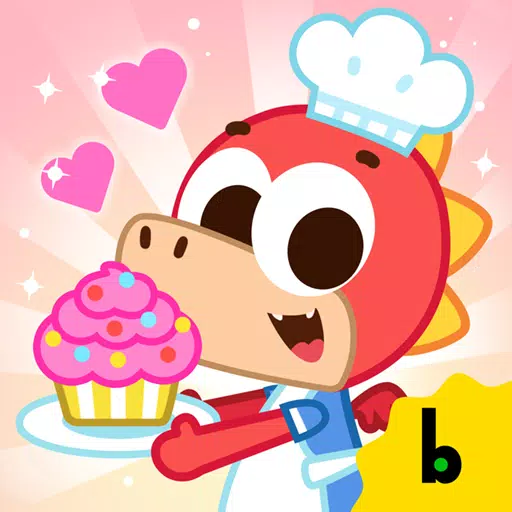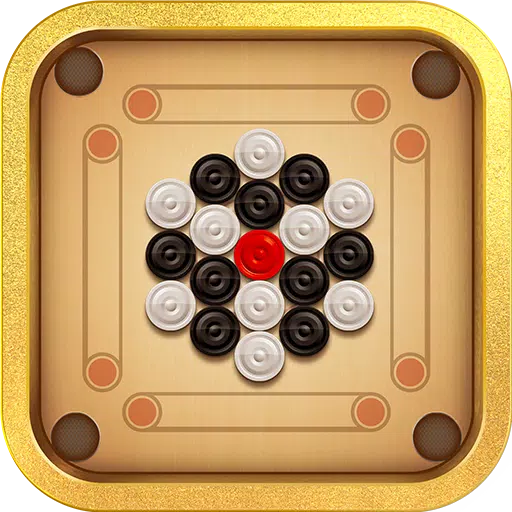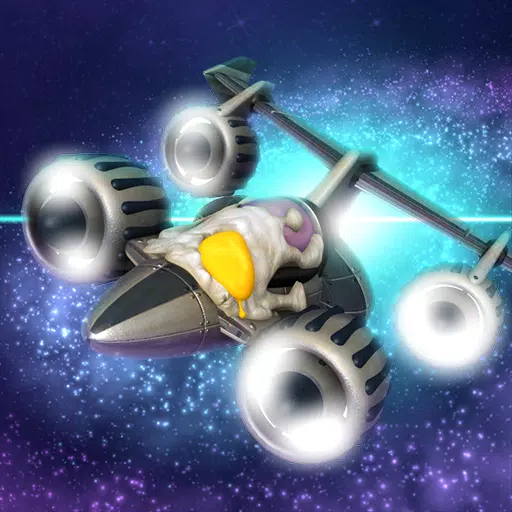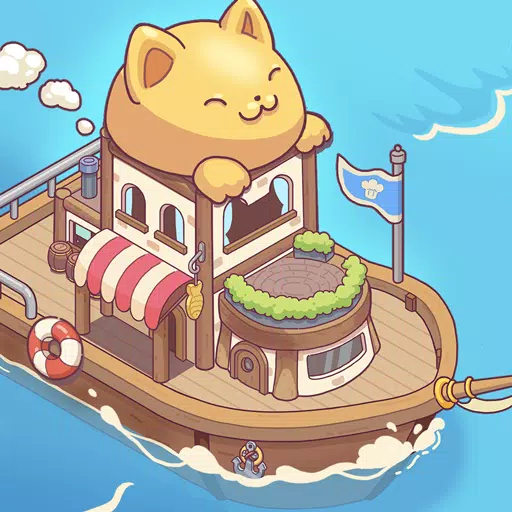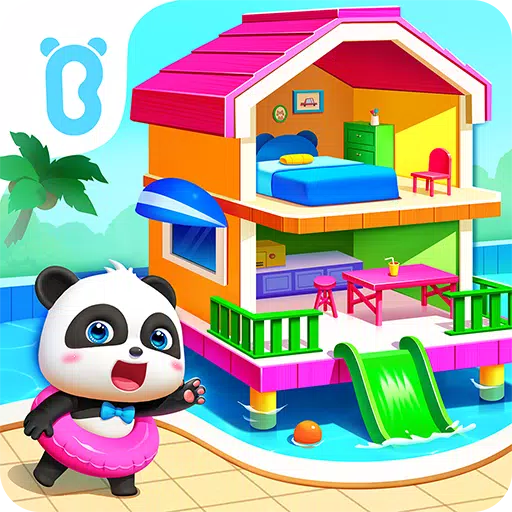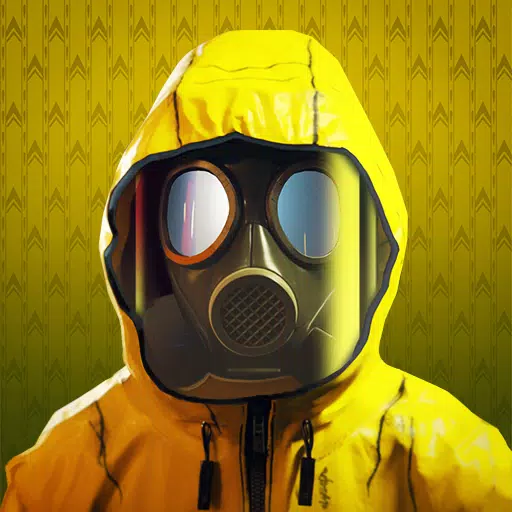"Rediscovering The Sims 1 & 2: Features Fans Miss"
The early iterations of Will Wright's iconic life simulation games, The Sims 1 and The Sims 2, were renowned for their rich, detailed gameplay and quirky features that set them apart. These games introduced mechanics and interactions that deeply engaged players, offering a unique experience that many fans still reminisce about today. As the series evolved, some of these beloved elements were left behind, becoming forgotten gems that enthusiasts hope to see return. In this article, we'll delve into these nostalgic features, celebrating what made the original games so magical.
 Image: ensigame.com
Image: ensigame.com
Table of Content ---
The Sims 1
- Authentic Plant Care
- Can’t Pay, Can’t Eat!
- A Genie’s Unexpected Gift
- The School of Hard Knocks
- Realistic WooHoo
- Fine Dining
- Thrills and Spills
- The Price of Fame
- Spellcasting in Makin’ Magic
- Singing Under the Stars
The Sims 2
- Running a Business
- Higher Education, Higher Rewards
- Nightlife
- The Excitement of Apartment Life
- Memories That Last, Love That Doesn’t
- Functional Clocks
- Shop ‘Til You Drop
- Unique NPCs
- Unlocking Hobbies
- A Helping Hand
0 0 Comment on this The Sims 1
Authentic Plant Care
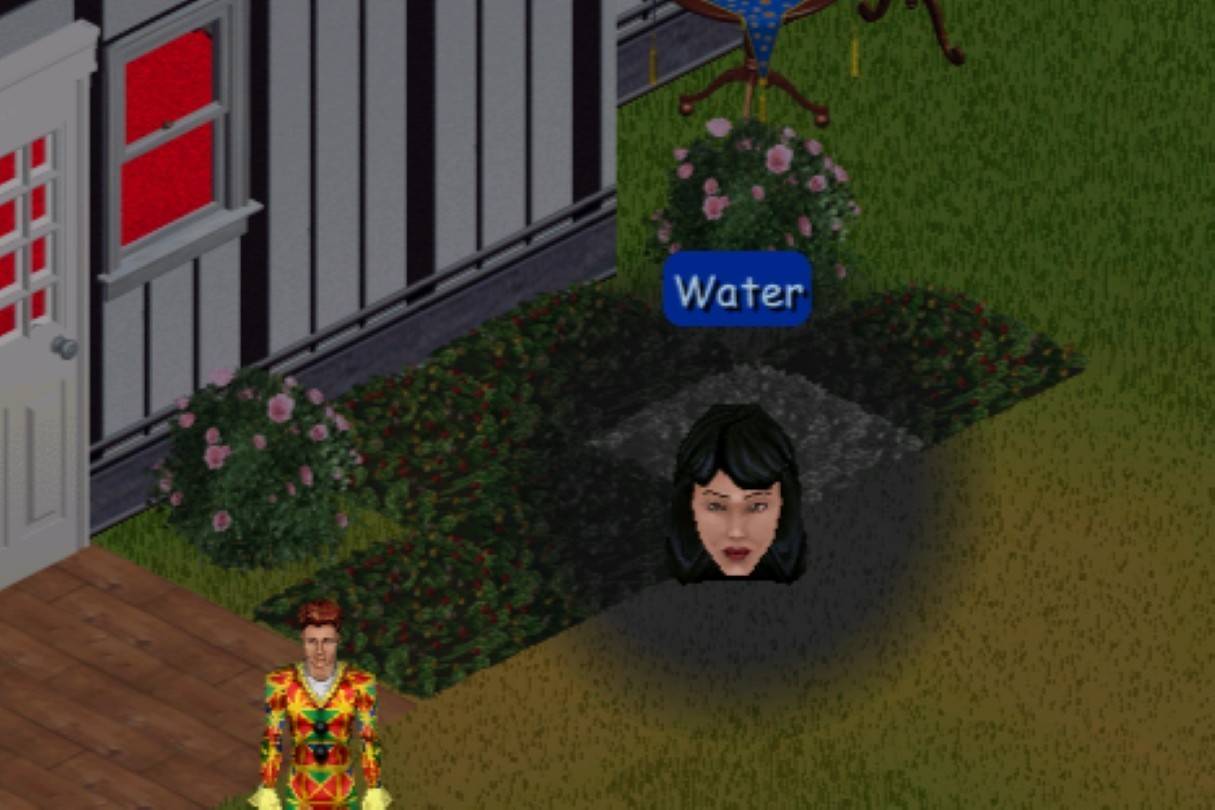 Image: ensigame.com
Image: ensigame.com
In The Sims 1, indoor plants weren't just decorative; they required diligent care. Players had to water them regularly to keep them thriving. Neglecting these green companions would lead to their demise, negatively impacting the room's aesthetics and the Sims' "Room" need, encouraging a more attentive approach to home maintenance.
Can’t Pay, Can’t Eat!
 Image: ensigame.com
Image: ensigame.com
When a Sim couldn't afford to pay for their pizza, the delivery man, Freddy, wouldn't just leave empty-handed. He'd take back the pizza with a visible display of frustration, adding a humorous yet realistic touch to the game's economy.
A Genie’s Unexpected Gift
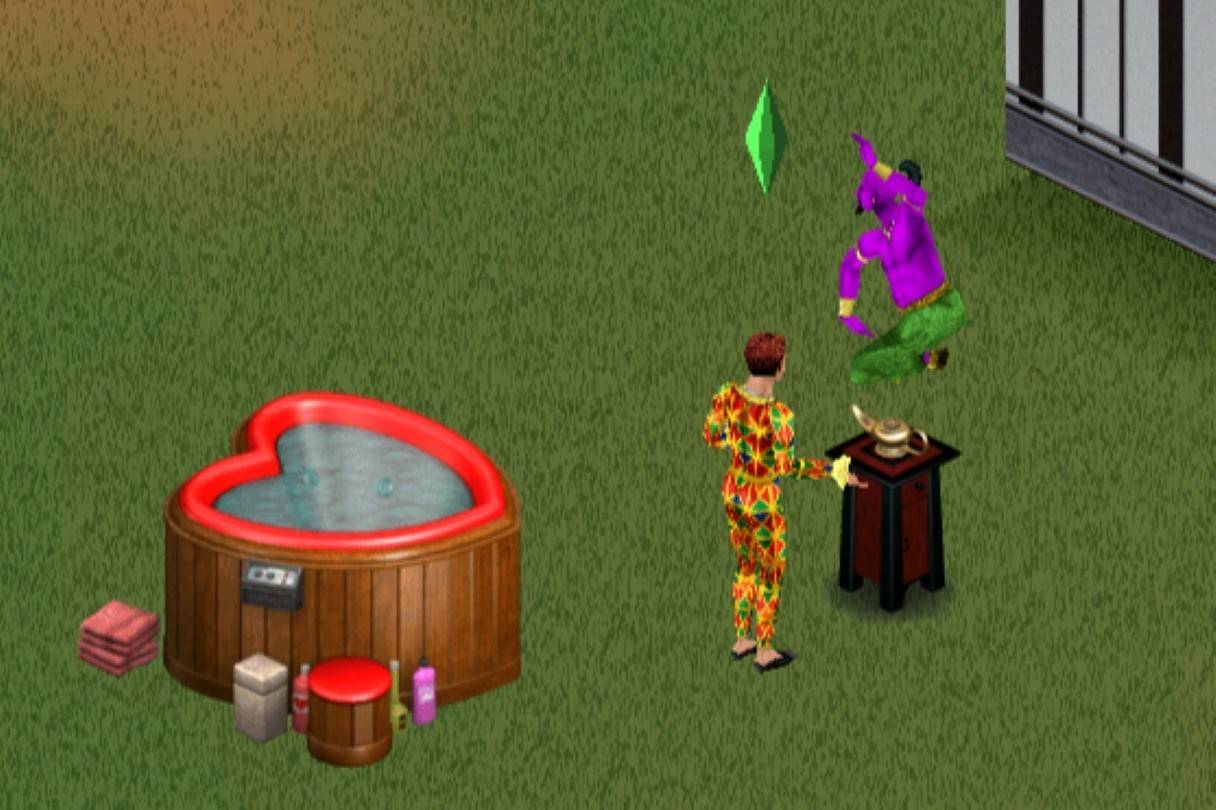 Image: ensigame.com
Image: ensigame.com
The magical genie lamp allowed Sims to make a wish once a day, with effects lasting indefinitely. Choosing the "water" wish could result in an unexpected reward—a luxurious hot tub. This delightful surprise added an element of chance and excitement, especially during challenging gameplay scenarios like the rags-to-riches challenge.
The School of Hard Knocks

Education was a pivotal aspect of a Sim's life in The Sims 1. High academic performance was rewarded with monetary gifts from grandparents, while poor grades led to the drastic consequence of being sent to military school, effectively removing the Sim from the household permanently.
Realistic WooHoo
 Image: ensigame.com
Image: ensigame.com
WooHoo in The Sims 1 was handled with surprising realism. Sims would undress before engaging, and their post-woohoo reactions varied widely, ranging from tears to cheers, reflecting the diverse emotional experiences that can follow such intimate moments.
Fine Dining
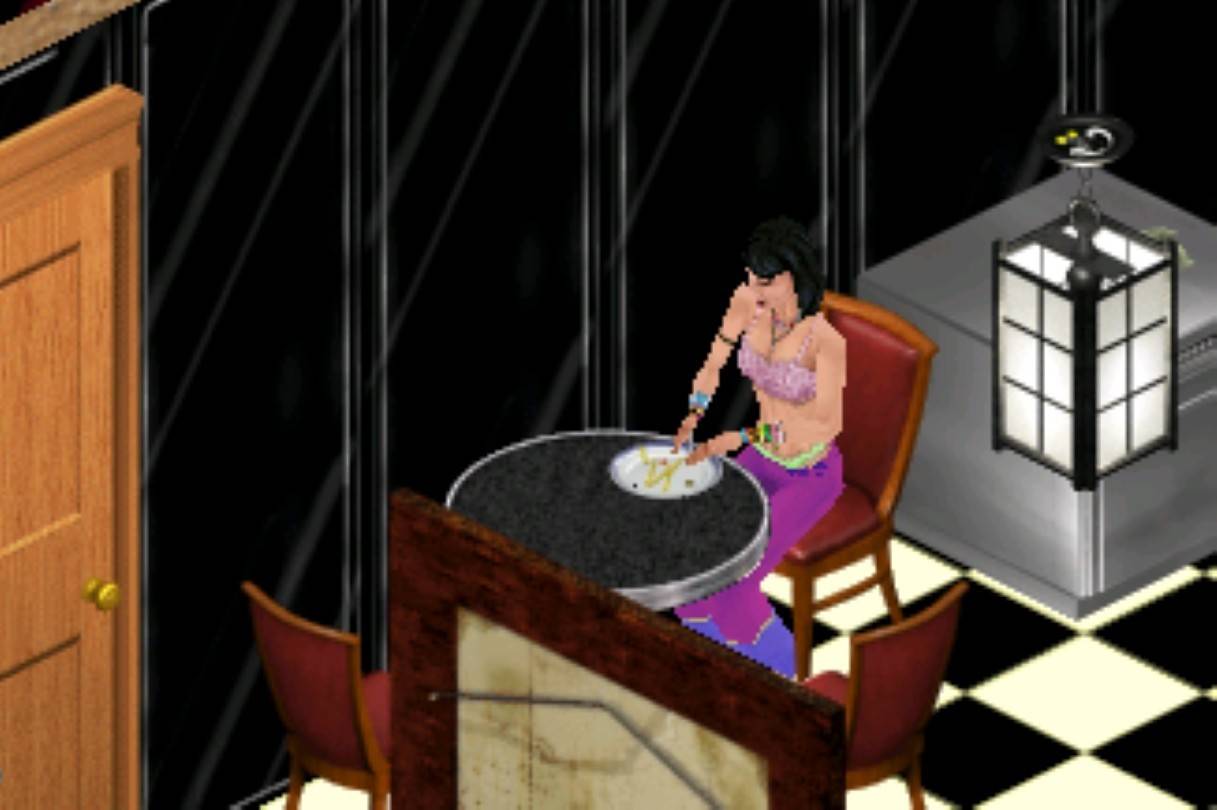 Image: ensigame.com
Image: ensigame.com
Sims in the original game demonstrated a level of sophistication at the dinner table, using both a knife and a fork. This attention to detail in dining etiquette was a cherished feature that added to the game's immersive quality.
Thrills and Spills
 Image: ensigame.com
Image: ensigame.com
The Sims: Makin’ Magic introduced roller coasters to the game, offering thrilling entertainment in Magic Town. With two pre-built options and the ability to construct custom rides, players could bring excitement to any community lot, enriching the Sims' world with high-speed adventures.
The Price of Fame
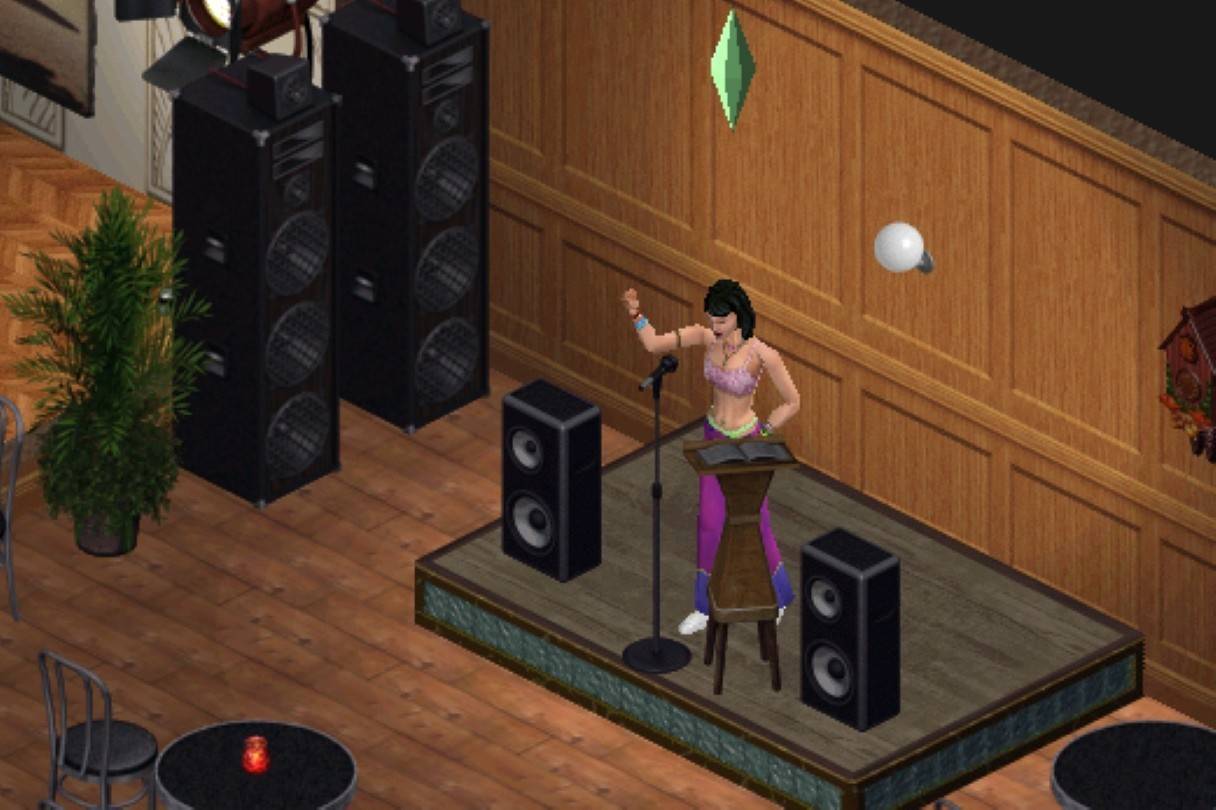 Image: ensigame.com
Image: ensigame.com
In The Sims: Superstar, Sims could chase stardom through the SimCity Talent Agency. Fame was measured by a Star Power system, and maintaining it required diligent effort. Poor performances or neglect could lead to a decline in fame, and missing work risked being dropped by the agency, highlighting the fleeting nature of celebrity.
Spellcasting in Makin’ Magic
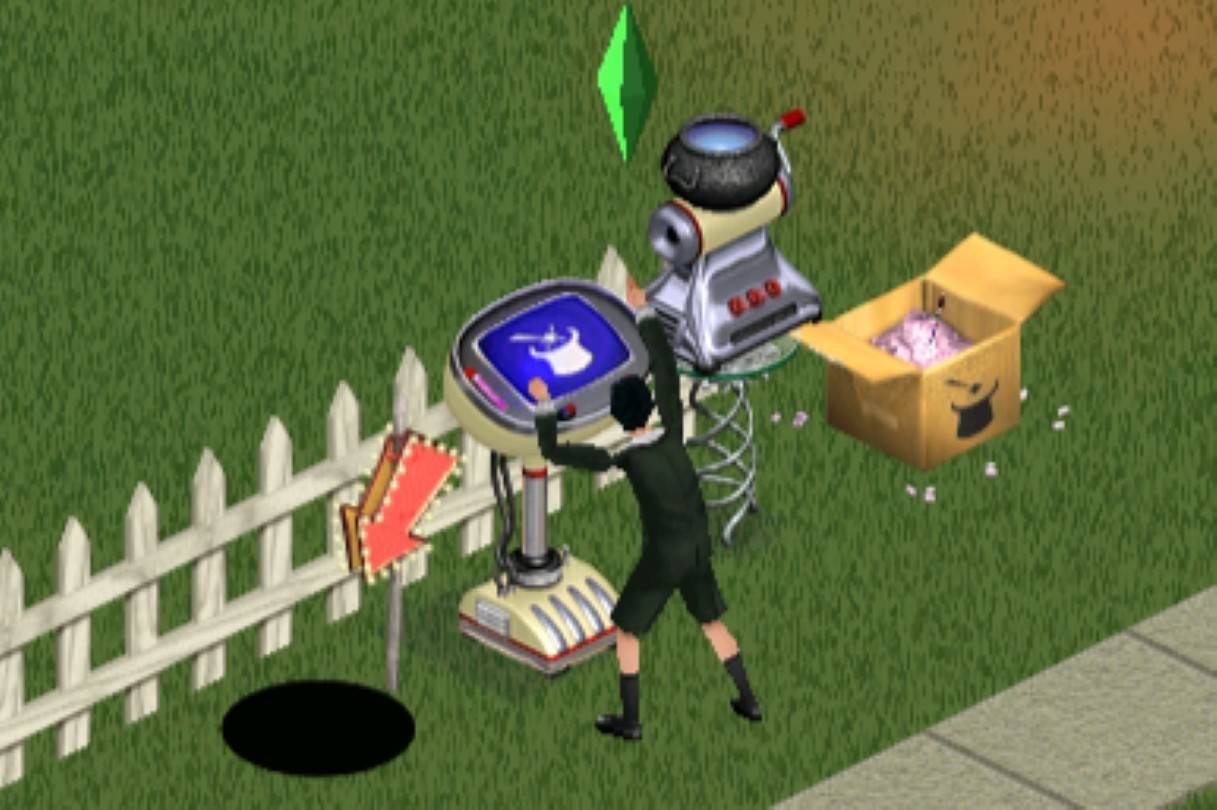 Image: ensigame.com
Image: ensigame.com
Makin’ Magic expanded the game with a comprehensive spellcasting system. Sims could craft spells using specific ingredients, with recipes documented in The Start Here Spellbook. Notably, this was the only Sims game where children could become spellcasters, adding a unique layer of gameplay.
Singing Under the Stars
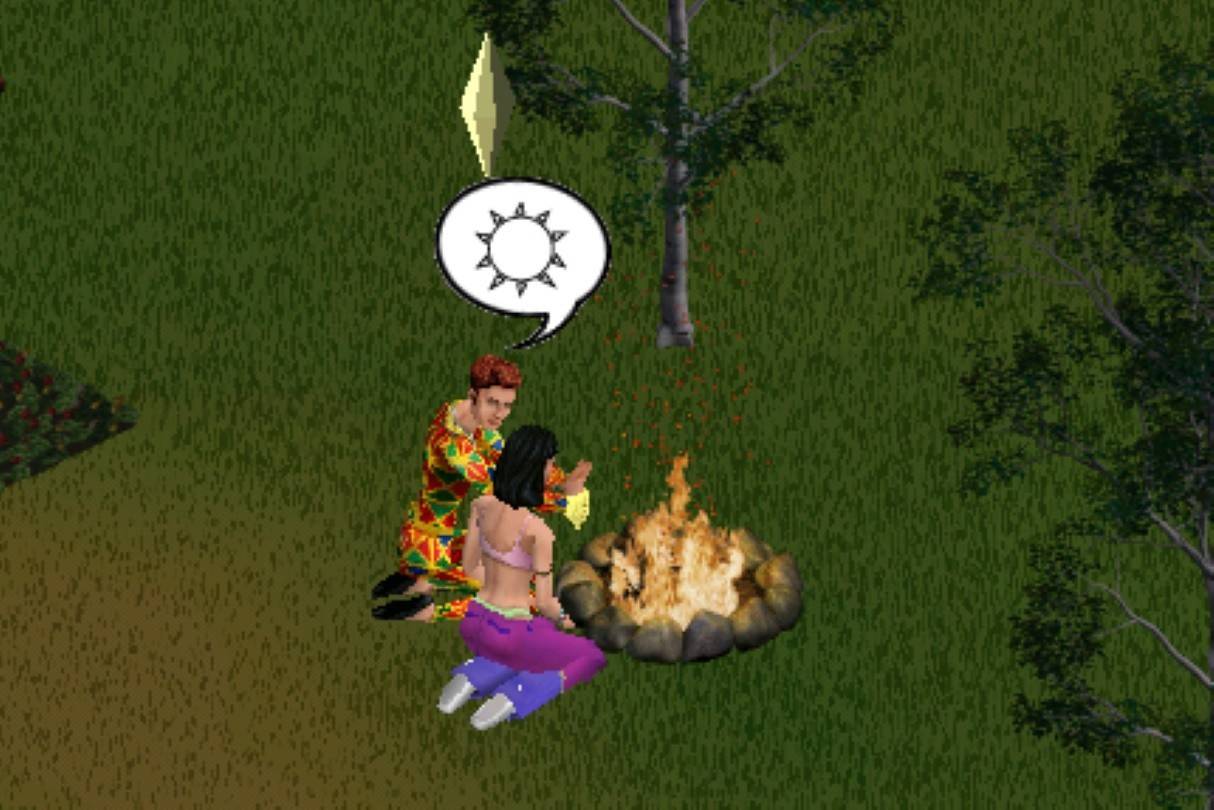 Image: ensigame.com
Image: ensigame.com
Campfire singalongs brought Sims together for cozy, musical gatherings. With three different folk songs to choose from, these social events added warmth and charm to outdoor experiences, fostering a sense of community.
The Sims 2
Running a Business
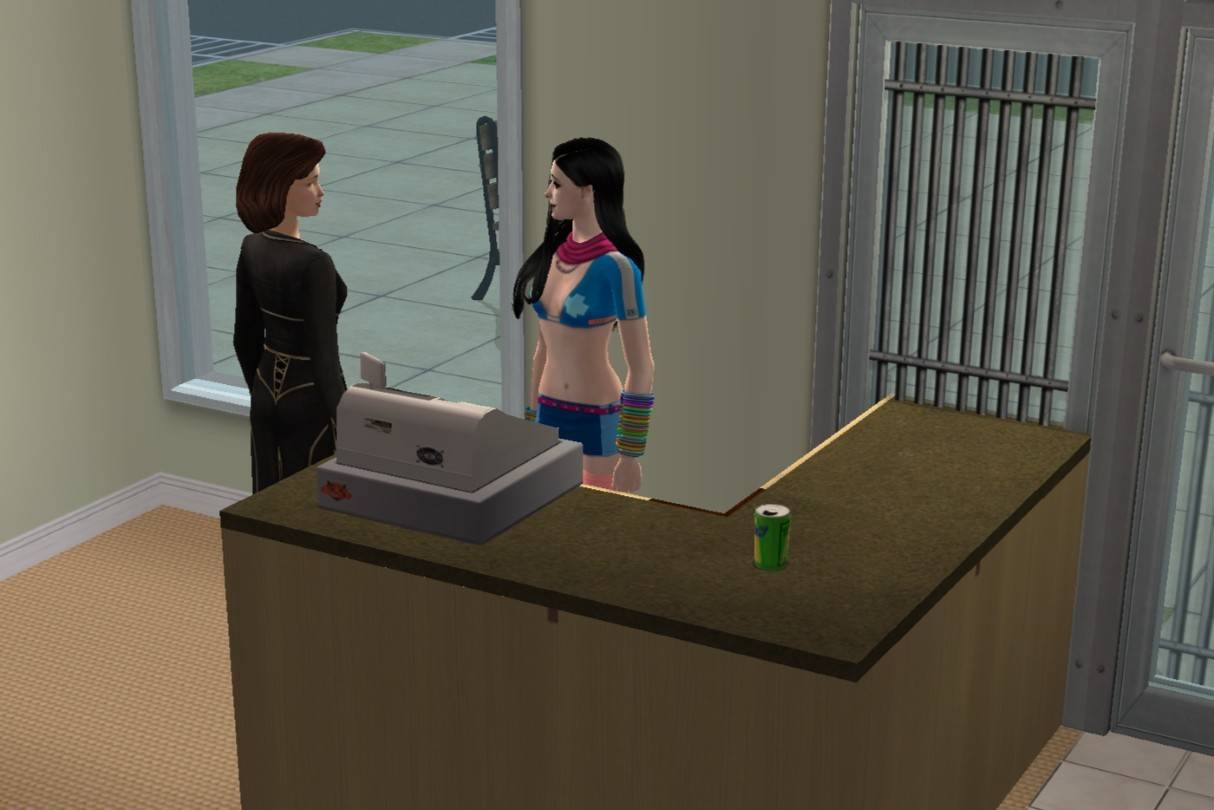 Image: ensigame.com
Image: ensigame.com
The Sims 2 allowed Sims to become entrepreneurs, managing businesses from home or dedicated venues. From fashion boutiques to restaurants, the variety of business options was vast. Hiring and motivating employees were key to success, offering players a deep and engaging economic simulation.
Also read: 30 best mods for The Sims 2
Higher Education, Higher Rewards
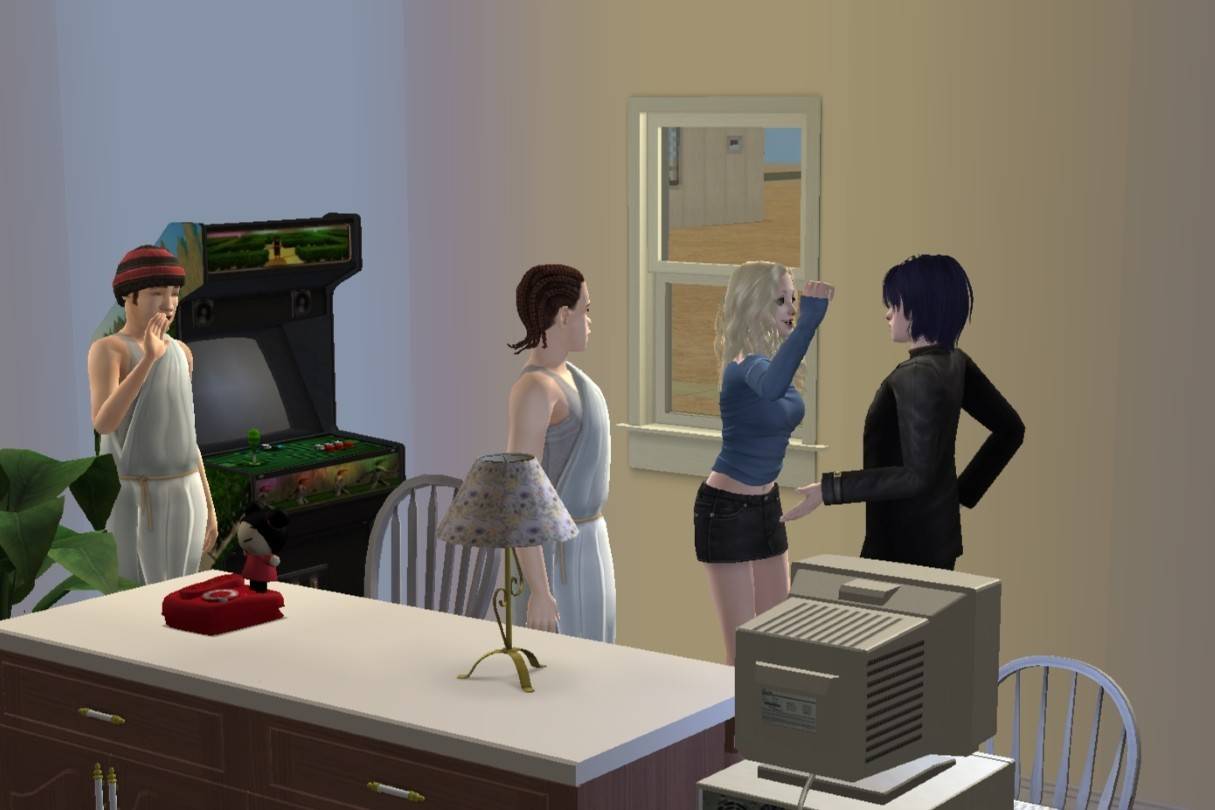 Image: ensigame.com
Image: ensigame.com
The University expansion introduced a college experience where teens could transition into young adulthood. With a variety of majors and the challenge of balancing academics and social life, higher education paved the way for advanced career opportunities.
Nightlife
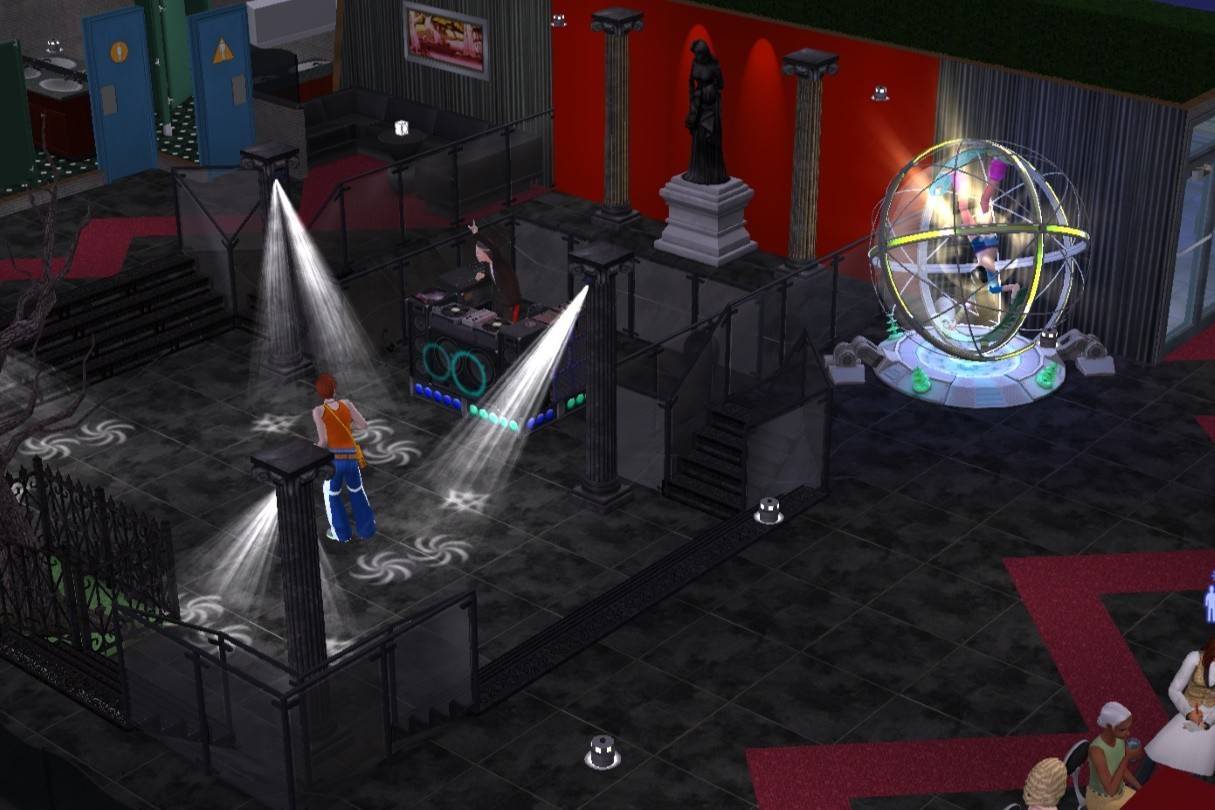 Image: ensigame.com
Image: ensigame.com
Nightlife added inventories, new social interactions, and a host of new objects. Romantic dynamics were enhanced, with dates leaving gifts or hate letters based on the evening's success. Iconic characters like DJs and vampires enriched the social landscape.
The Excitement of Apartment Life
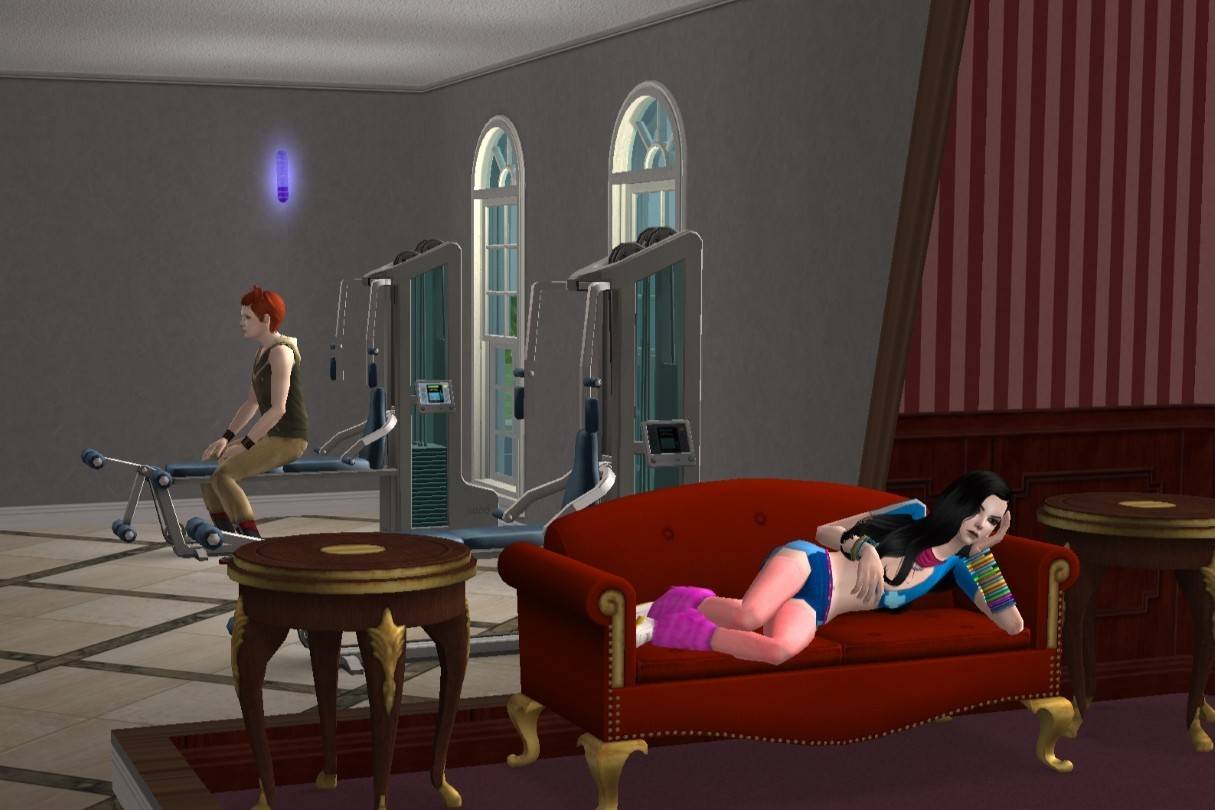 Image: ensigame.com
Image: ensigame.com
Apartment Life introduced urban living, with Sims moving into bustling apartment buildings. This setting offered new opportunities for friendships, careers, and romance, enhancing the game's social dynamics and adding a layer of urban excitement.
Memories That Last, Love That Doesn’t
 Image: ensigame.com
Image: ensigame.com
The memory system in The Sims 2 allowed Sims to recall significant life events, shaping their personalities and interactions. Unrequited love and friendships added depth and realism, creating more nuanced relationships.
 Image: ensigame.com
Image: ensigame.com
Functional Clocks
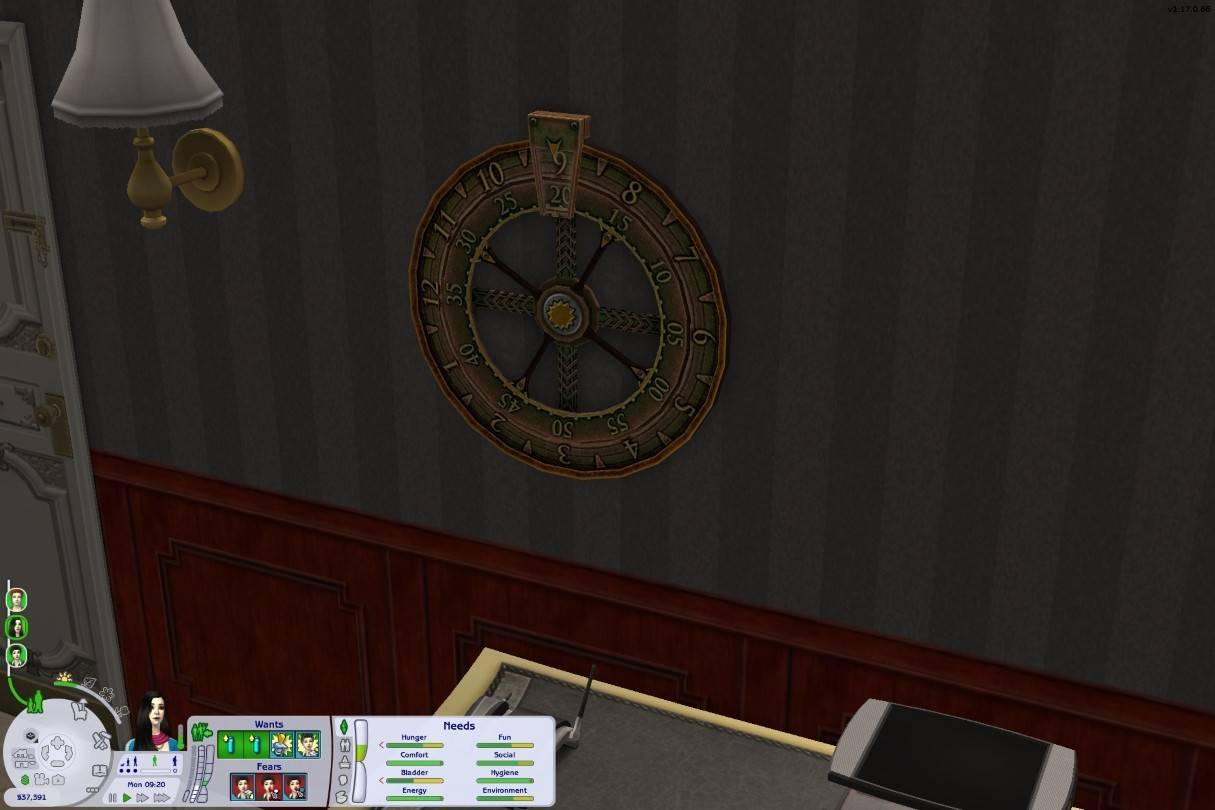 Image: ensigame.com
Image: ensigame.com
Clocks in The Sims 2 were more than decorative; they displayed real in-game time, providing a practical way for players to keep track of the day without relying on the interface.
Shop ‘Til You Drop
 Image: ensigame.com
Image: ensigame.com
Unlike later games, The Sims 2 required Sims to actively shop for food and clothing. This added realism to daily life, as Sims had to manage their resources and plan their purchases carefully.
Unique NPCs
 Image: ensigame.com
Image: ensigame.com
Special NPCs like the Social Bunny and Therapist added unique interactions. The Social Bunny appeared to lonely Sims, while the Therapist helped those experiencing breakdowns, providing both humor and support.
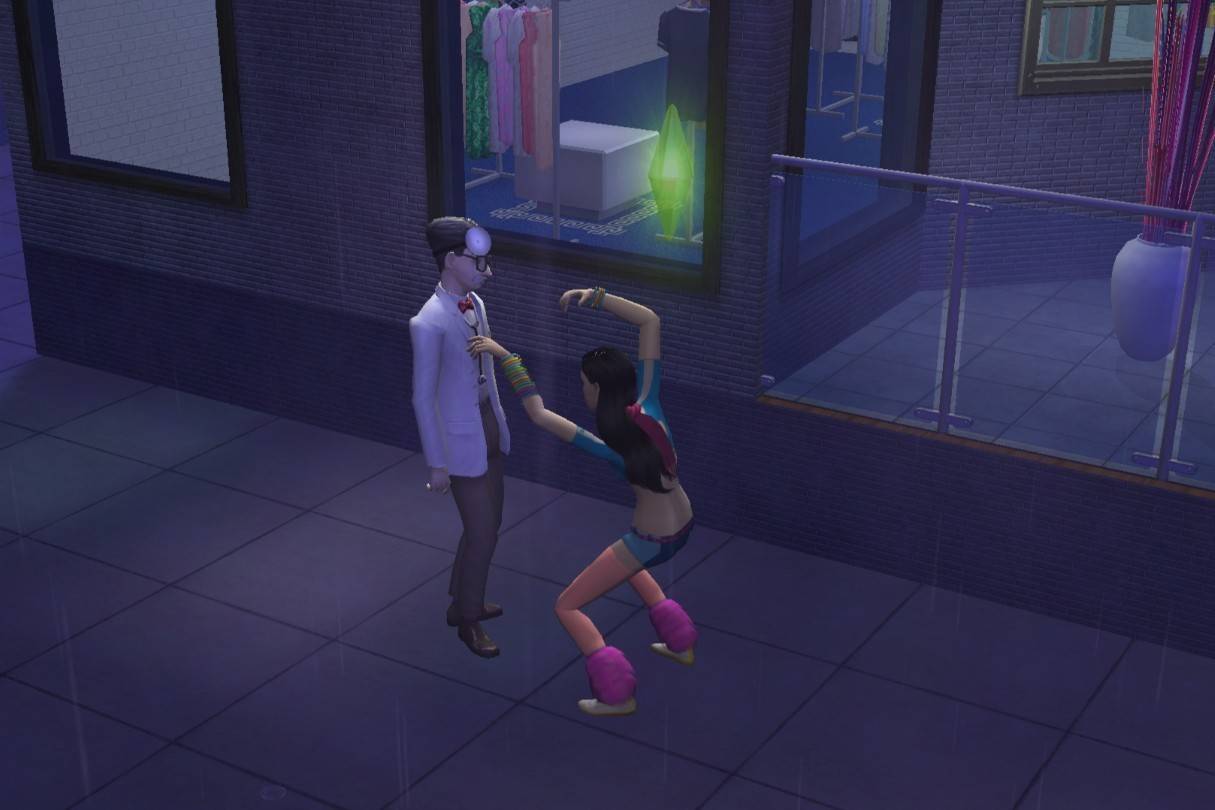 Image: ensigame.com
Image: ensigame.com
Unlocking Hobbies
 Image: ensigame.com
Image: ensigame.com
The FreeTime expansion introduced hobbies, allowing Sims to pursue passions like football, car restoration, and ballet. Engaging in hobbies not only built skills but also fostered relationships and unlocked exclusive rewards and career paths.
A Helping Hand
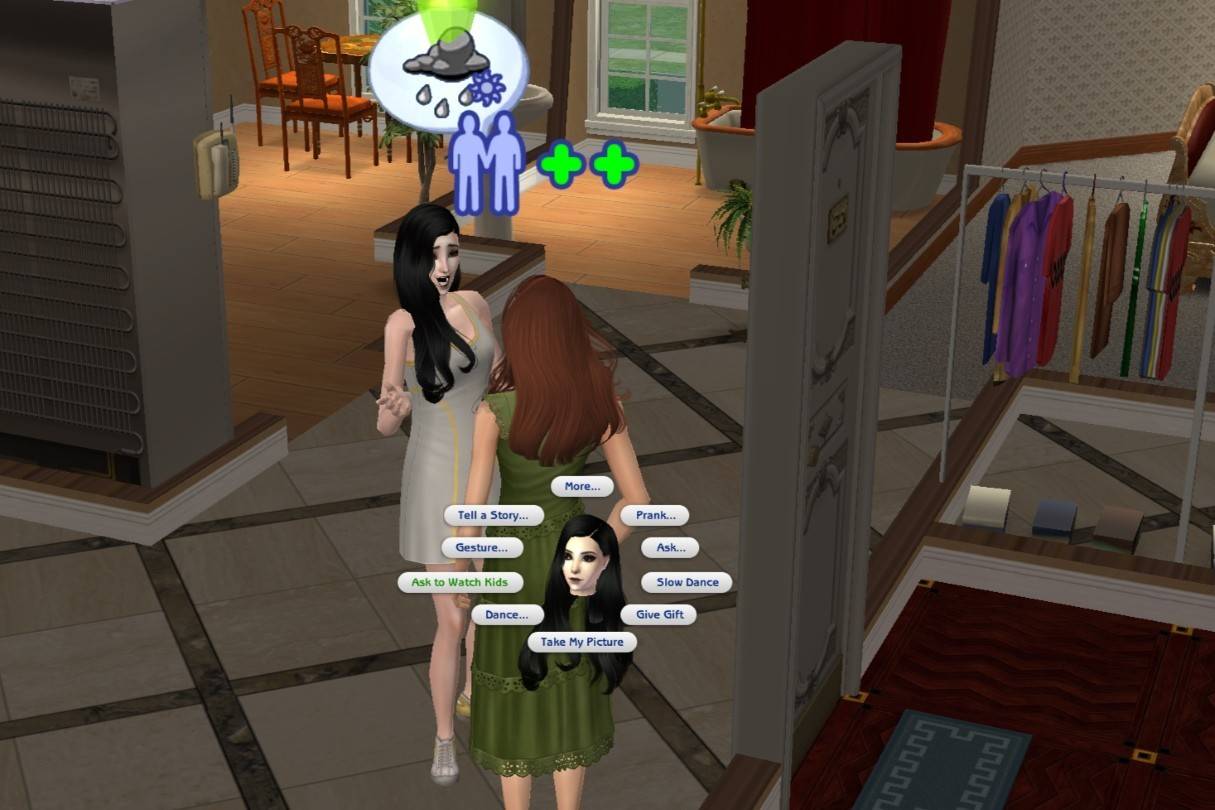 Image: ensigame.com
Image: ensigame.com
Strong relationships with neighbors in The Sims 2 allowed Sims to ask for help with child care, providing a personal and community-focused alternative to hiring a nanny.
The Sims 1 and 2 were groundbreaking for their depth and creativity, introducing features that left a lasting impact on players. While these elements may not return, they remain cherished reminders of what made the early days of the Sims franchise so special.





